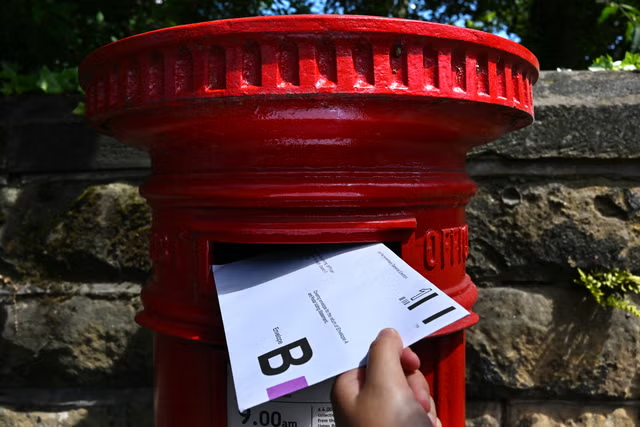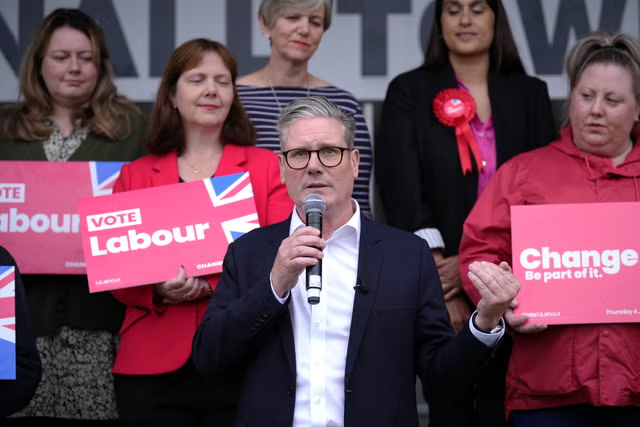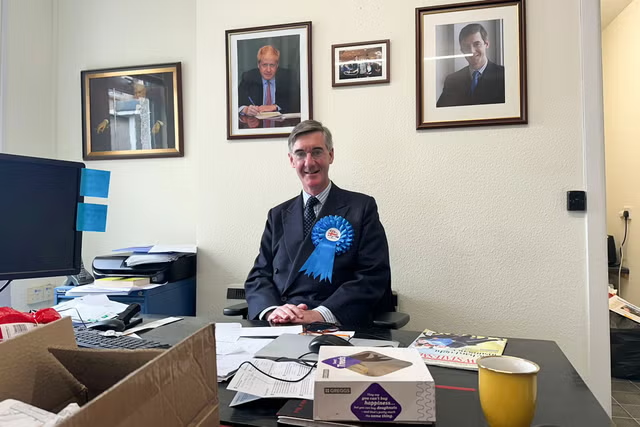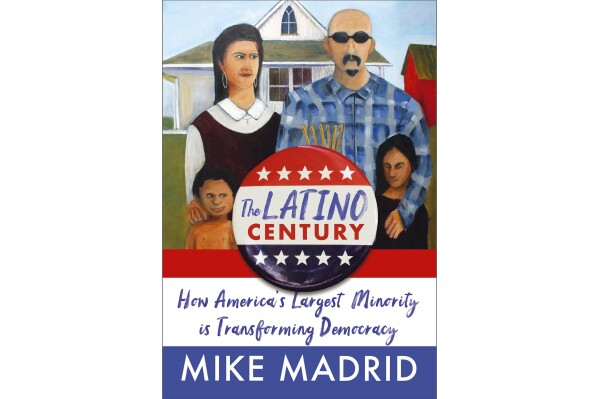Support truly
independent journalism
Support Now
Our mission is to deliver unbiased, fact-based reporting that holds power to account and exposes the truth.
Whether $5 or $50, every contribution counts.
Support us to deliver journalism without an agenda.

Louise Thomas
Editor
Britain’s upcoming general election is widely expected to lead to a change of government for the first time in 14 years. Many analysts believe it will be one of the country’s most consequential elections since the end of World War II.
Ahead of the July 4 vote, The Associated Press takes a look back at other landmark U.K. elections since the war.
___
By the spring of 2010, Labour had been in power for 13 years, its longest ever stretch. When Prime Minister Gordon Brown called an election for May 6, few gave the party much of a chance in extending that period in office.
Though Brown was a hugely driven politician, he lacked the natural flair of his predecessor Blair. The global financial crisis in 2008, which led to the deepest U.K. recession in a century and the state bailout of some of the country's biggest banks, saw Labour's popularity took a dive.
The Conservatives had reinvented themselves in the aftermath of their third straight election defeat in 2005, and were now being led by the smooth David Cameron, who sought to broaden the party's appeal to younger voters by raising issues like the environment, health and education. Cameron was dubbed the “heir to Blair."
But it was economic matters that dominated the election campaign. The worsening financial situation in much of Europe, particularly in Greece, only added to the concerns over the U.K.'s public finances.
With barely a week to go to the election, Brown's fate was ultimately sealed when he was caught calling a Labour supporter “just a bigoted woman.” Brown was campaigning when he was questioned by 65-year-old Gillian Duffy over the state of the economy and immigration, and he was still wired up to a microphone when he made the comment to his advisers.
With social media now part of the broadcast mix, the exchange took a life of its own and Brown was forced to apologize repeatedly.
Though Labour ended up with its lowest share of the vote since 1983, it held onto more seats than most pollsters were predicting. Cameron's Conservatives fell short of the number needed to govern alone.
After days of frantic discussions Cameron was able to seal a deal with the centrist Liberal Democrats and its leader Nick Clegg to create the first coalition government since World War II.
The coalition government, which lasted until 2015, was fairly liberal, not least in its backing of same-sex marraige. It managed to get public borrowing down, but the impact of its harsh fiscal austerity measures still reverberates for many in Britain today.
Disclaimer: The copyright of this article belongs to the original author. Reposting this article is solely for the purpose of information dissemination and does not constitute any investment advice. If there is any infringement, please contact us immediately. We will make corrections or deletions as necessary. Thank you.



